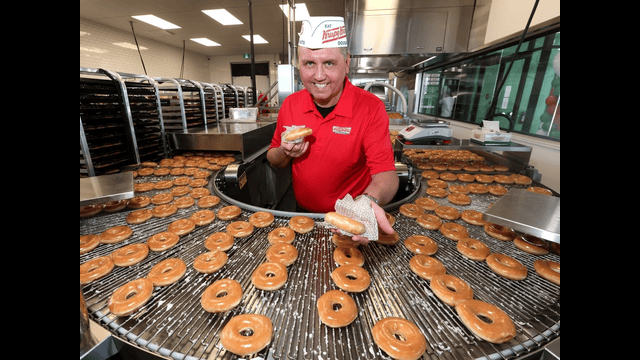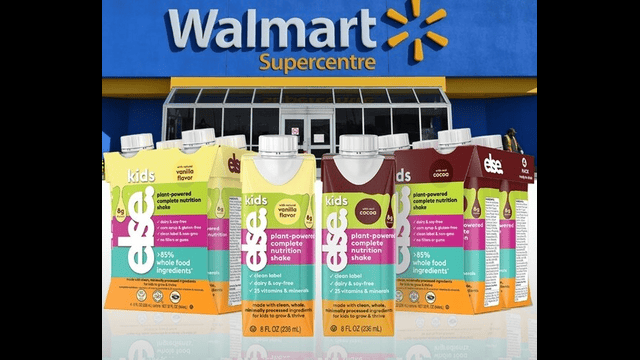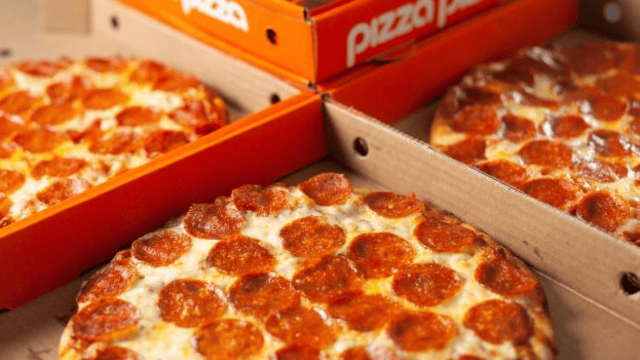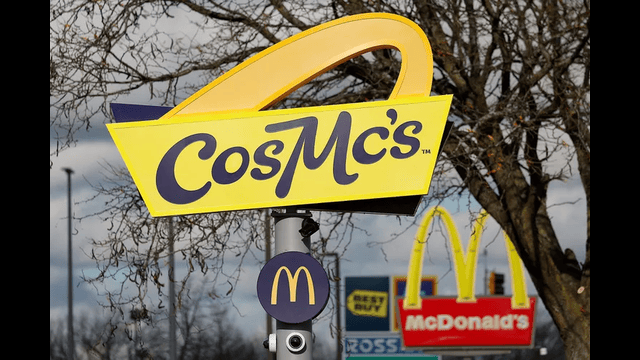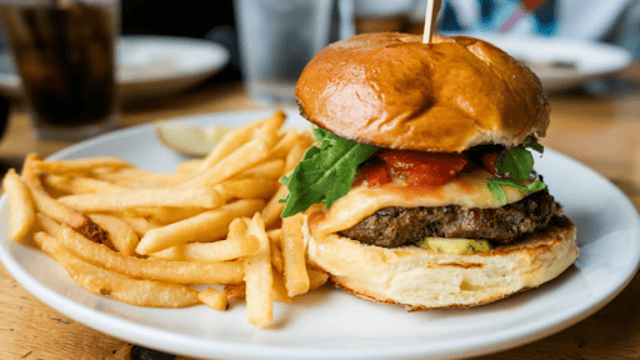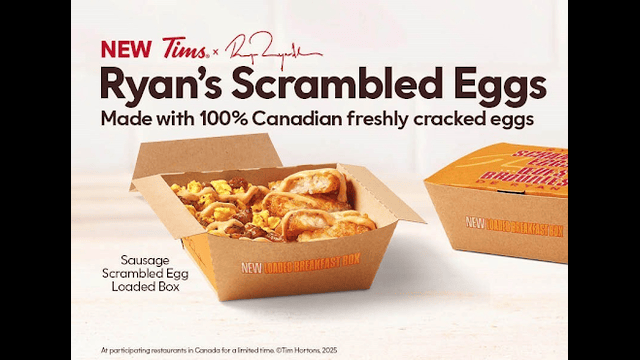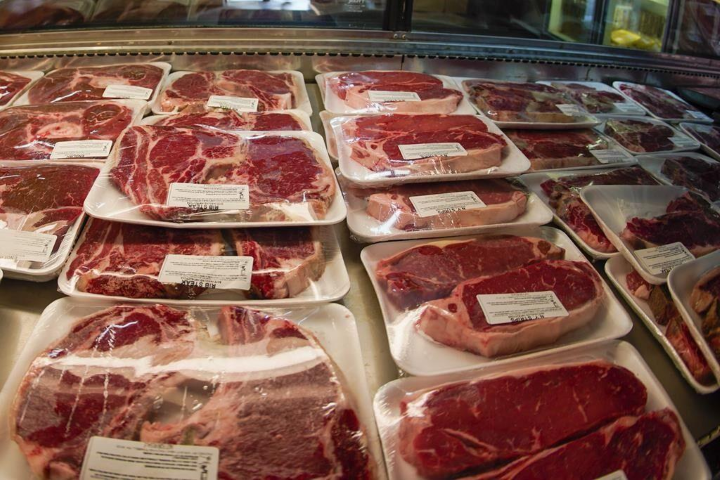
Rows of fresh-cut beef in the coolers of the retail section at the Wight's Meat Packing facility in Fombell, Pa. is shown on June 16, 2022. Canada's federal government and organizations representing some of the nation's beef producers warn that a decision south of the border about "Product of USA" labels on meat, poultry, and eggs could disrupt supply chains. THE CANADIAN PRESS/AP, Keith Srakocic
Canada's federal government and key beef industry representatives are expressing concerns over a recent decision made in the United States regarding labeling rules for meat, poultry, and eggs, warning of potential disruptions to supply chains.
The United States Department of Agriculture (USDA) unveiled a final rule on Monday regarding the conditions under which voluntary "Product of USA" or "Made in the USA" labels may be applied. According to the rule, these labels will only be permitted for meat, poultry, and egg products if they originate from animals born, raised, slaughtered, and processed within the United States.
Agriculture Secretary Tom Vilsack emphasized that the new rule, set to take effect in 2026, aims to provide consumers with assurance that every aspect of the production process, from birth to processing, occurred within the United States.
However, Canada's Agriculture Minister, Lawrence MacAulay, and International Trade Minister Mary Ng expressed disappointment, suggesting that the rule fails to address concerns raised about the intricate trading relationship between the two countries. They highlighted the close collaboration between the meat and livestock sectors in both nations and announced their intention to discuss the matter during an upcoming trilateral meeting with the United States and Mexico.
The finalized rule represents a significant departure from current policy, which permits voluntary labeling on products from animals imported from foreign countries and slaughtered in the U.S., as well as on imported and repackaged or further processed meat.
Secretary Vilsack hailed the new rule as a critical measure for consumer protection and market fairness, particularly benefiting smaller processors. The USDA noted that the decision is supported by petitions, stakeholder feedback, and nationwide consumer surveys, emphasizing that the labeling claim remains voluntary.
Canada, in response, is carefully reviewing the final rule, emphasizing the importance of its robust trade relationship with the United States in maintaining efficient and competitive markets while ensuring a steady supply of high-quality products.
The Canadian Cattle Association voiced concerns over what it deemed "the most onerous standard in the world," fearing potential discrimination against live cattle imports and the disruption of the North American supply chain integration.
It's worth noting that voluntary labeling rules differ from country-of-origin labels (COOL), which previously mandated disclosure of the origin of animals supplying beef and pork. The COOL requirement was rolled back in 2015 due to international trade disputes and a ruling from the World Trade Organization.



